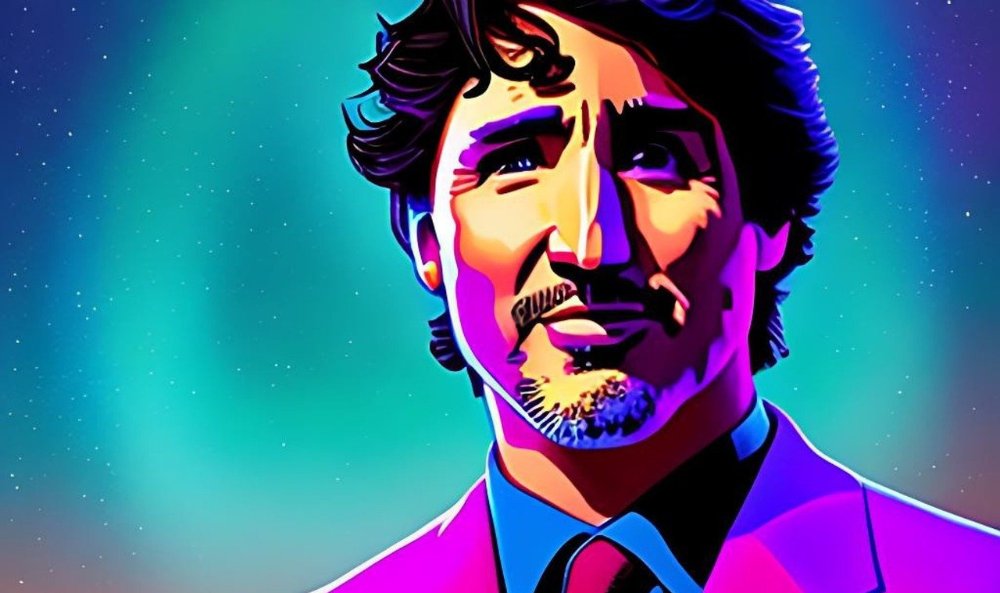Canada’s Prime Minister Justin Trudeau is calling it quits after nearly nine years in power, leaving it to the governing Liberal Party to pick a new leader and PM. Trudeau has faced plummeting poll ratings, resignation of his finance minister, a housing crisis, and the specter of Trump-imposed tariffs on export of products to America.
“I intend to resign as party leader, as prime minister, after the party selects its next leader through a robust nationwide competitive process,” Trudeau told a news conference outside the Rideau Cottage in Ottawa that is his residence. (The “cottage” has 21 rooms.)
The race to succeed him has begun. Taking soundings is Mark Carney, a former Bank of Canada and Bank of England governor whose economic chops might give advantage in dealing with Trump. Another potential candidate is Crystia Freeland, whose resignation as deputy PM and finance minister sent Trudeau into a free fall.
Trudeau announced a prorogation (recess) of parliament until March. By law, Canadians must vote in a national election by October, 2025.
The opposition Conservative Party has moved far ahead in national polls. But its leader, Pierre Poilievre, is a right-wing populist whose personal approval ratings lag behind those of his party.
Trudeau has governed in turbulent times. He brought Canada through the COVID pandemic with candor and vast borrowing to ease the economic shock. He welcomed immigrants to deal with a low birthrate. He tackled the climate crisis, even while pressing completion of a pipeline to export oil out of a port at Burnaby, just east of Vancouver.
But Canada has been hit by post-pandemic inflation. Housing costs are prohibitive in Montreal, Toronto, and Vancouver — bastions of Liberal Party strength. Canadians have also wearied of Justin Trudeau, just as they grew tired of his father, Prime Minister Pierre Elliot Trudeau.
And then there is Trump. Trudeau made a pilgrimage to Mar a Lago, only to find himself mocked by “the Donald” on social media as “Governor” Trudeau rather than Prime Minister. He has also taken to referring to Canada as the “51st state” even as he has threatened a 25 percent tariff on its southbound exports. That loose talk rankles residents of the Great White North. The late British Columbia Premier Dave Barrett delighted in declaring, “This is a sovereign country,” spelling out sovereign.
A previous Conservative PM, Brian Mulroney, cozied up to President Ronald Reagan in the 1980s and treated his country as a virtual branch plant of the United States.
The next few months will be a test of Canadian nationalism, the country’s will to defy a bully, and the ability of the center-left Liberals to change heads in an election year.
This story also appears in the Cascadia Advocate.
Discover more from Post Alley
Subscribe to get the latest posts sent to your email.

It’s really tiresome to hear or read the president-elect’s comments about Canada and Mexico, even though he’s not yet taken office. I expect his bullying to become worse, so I suppose I’d better develop stronger coping skills. I welcome suggestions.